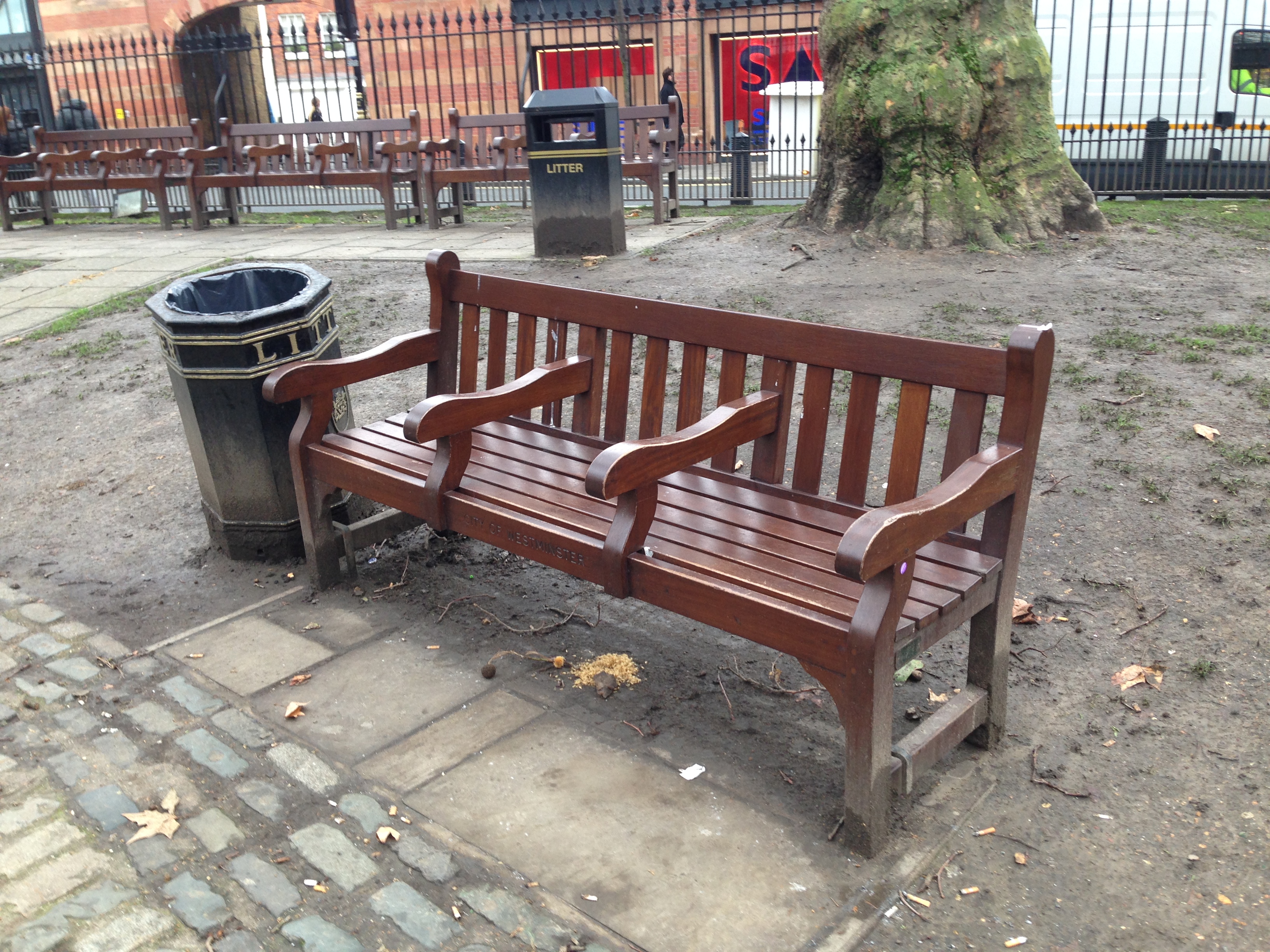Warmer questions
- Where you live do you see many people who are homeless and begging?
- Do you give them money or food? Can you trust what they say?
- Are local governments doing enough to help them?
- How do you think they become homeless?
Reading section
Unworthy of money?
Imagine this. You are walking along a street in a busy part of town with only 20 minutes on the clock until you need to show up back at your work desk with something to eat. You are rushing along the pavement trying to find your favourite deli shop, you can’t get there in time so you make a compromise and head into a local supermarket. Just before you head into the entrance, you see a disheveled man with a poorly fed door sitting next to the door to get in. He has a handwritten sign made from scavenged cardboard saying:
“Need to raise £35 for a hot shower and a bed for tonight, I don’t do drugs and I want to get my life back together”.
You really feel for the man and decide to buy an extra sandwich (since you are already buying one for yourself) and then donate it to man outside.
Ask any city goer and they will tell you that this is a normal part of urban life. But, is there a reason to suspect that it is wrong to help those begging for food or money? In some ways, it is seen as a taboo to give money to the poor. There is a perception that they do not deserve it. They are simply poor as they drink too much or irresponsible – but is this true?
The following questions arise from such a situation:
- Is he really homeless?
- The government offers free weekly payments, why can’t he get them?
- Where is his family?
- Is he really not taking drugs?
- Is he the responsibility of the public?
Video: What people think of banning begging
The following video was created by RNZ TV channel for New Zealand. Local people are asked what to do with those who are on the streets.
Pre-teach vocab
- Schizophrenia (Noun, a type of mental disorder)
- Ignored (Verb, when someone or something is not noticed)
- Politician (Noun, a job, someone who is in government)
- Mayor (Noun, Leader of a city, government job)
- Banned (Noun, when something cannot be done anymore)
- Prospects (Noun, future actions or hope)
Task: Try to guess the answers to these questions and then watch the video to check if you guessed correctly.
- What did the first interviewee say he needed to have?
- What does the Mayor want to happen in the city?
- What does the homeless interviewee say they really need?
- Are they going to build a centre to help people?
The pros of banning begging
- It stops crime from developing in a particular area.
- It makes people feel unsafe.
- The street is filled with litter and human waste. It could create a problem for human health.
- It stops people from begging as a profession or to just make a little extra money.
- It stops organised crime from abusing young and vulnerable people to work for them to collect money by begging.
- It becomes harder to help those who are homeless as they are now part of the informal economy.
The cons of banning begging
- It is criminalising poverty.
- It is an exercise to stop local people from feeling guilty of those less fortunate.
- It pushes the people to other areas where it is not seen and can go untreated.
- Local government does not have the need to fix the root cause of the problem. Instead, they can ignore it.
- Those who are in need of help with mental health issues, drug abuse, and other issues are simply ignored.
Potential debate topics
- Begging is a criminal activity and should be banned.
- Governments spend billions to stop homelessness but some choose this lifestyle.
- Begging is the result of vulnerable people who are unable to control their own lives.
Final thoughts
There does seem to be increasing hostility towards the homeless and those begging in many western nations. For instance, in my hometown of London, UK, there are attempts by the local council to have street furniture to have devices to prevent people some sleeping on them. They often use spikes on the ground or try to separate benches so that it is only possible to sit on them. If you want to volunteer then you can sign up at the Streets of London Charity.
Is it right to have these placed around our cities? Should we ignore the homeless? What are your thoughts, comment below!



